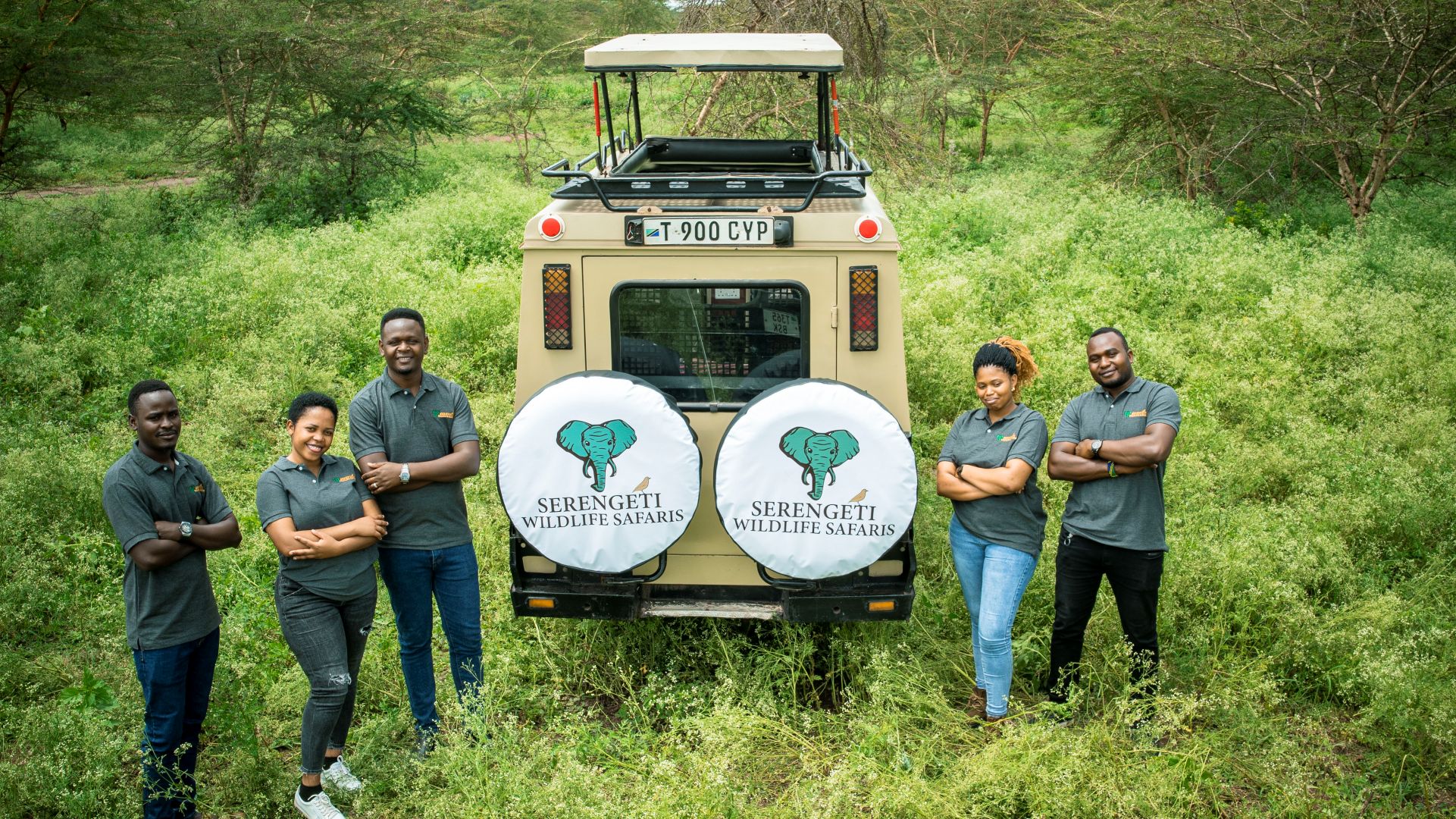
Is Climbing Kilimanjaro Safe? with Serengeti Wildlife Safaris
Mount Kilimanjaro, the crown jewel of Africa, is a dream destination for adventurers worldwide. However, many prospective climbers wonder: Is climbing Kilimanjaro safe? At Serengeti Wildlife Safaris, your safety is our highest priority. With expert guides, thorough preparation, and top-tier support, we ensure your journey to Africa’s highest peak is both safe and unforgettable.
In this guide, we address essential safety considerations to help you climb with confidence.
1. Why Preparation and Planning Are Key
Fitness and Training
- Why It Matters: Climbing Kilimanjaro is physically demanding, requiring endurance for long trekking days and steep ascents.
- How to Prepare: Engage in cardio workouts, strength training, and regular practice hikes to build stamina.
Choosing the Right Route
- Tailored Routes for Safety: Serengeti Wildlife Safaris offers a variety of routes designed for different fitness levels and preferences. Longer routes, such as Lemosho or Northern Circuit (7–9 days), are highly recommended for better acclimatization.
- Avoid Rushed Climbs: Shorter routes may save time but increase the risk of altitude sickness due to insufficient acclimatization.
2. Managing Kilimanjaro’s Unpredictable Weather
Kilimanjaro’s weather can shift dramatically, with conditions ranging from tropical rainforests to freezing summit temperatures.
How to Stay Safe:
- Pack Smart: Bring layered clothing, waterproof gear, thermal sleeping bags, and insulated gloves.
- Gear Support: Serengeti Wildlife Safaris assists clients in obtaining high-quality equipment to tackle all weather conditions.
- Best Climbing Seasons: Aim for the dry months of January–March or June–October for stable weather and a more enjoyable experience.
3. Altitude Acclimatization: The Secret to Summit Success
Altitude sickness is the most significant safety challenge in Kilimanjaro. Serengeti Wildlife Safaris takes proactive steps to minimize risks and improve acclimatization.
Top Acclimatization Tips:
- Go Slow: Gradually ascend to allow your body time to adjust.
- Stay Hydrated: Drink at least 3 liters of water daily.
- Climb High, Sleep Low: This strategy helps your body adapt to higher altitudes while resting at lower elevations.
Guides Monitoring Your Health:
Our experienced guides conduct daily health checks, including oxygen saturation and heart rate monitoring, to ensure your safety throughout the climb.
4. Addressing Health Risks: Safety Is in the Details
Altitude Sickness Awareness
- Symptoms: Look out for headaches, nausea, dizziness, and fatigue.
- Action Plan: Notify your guide immediately if symptoms appear. If necessary, our team ensures a safe descent to lower altitudes.
Pre-Climb Medical Check-Up
- Why It’s Important: Visit your doctor to confirm you’re physically fit for high-altitude trekking, especially if you have pre-existing conditions.
Medication Essentials:
- Altitude Sickness Relief: Carry acetazolamide (Diamox) for preventing and managing symptoms.
- First Aid Kit: Include pain relievers, anti-diarrheal, and personal prescriptions.
Serengeti Wildlife Safaris provides detailed medical support throughout your journey to address any health concerns.
5. Why Climb Kilimanjaro with Serengeti Wildlife Safaris?
Certified and Experienced Guides
Our expert guides are trained to prioritize your safety, monitor your health, and adjust the itinerary as needed for your well-being.
Ethical and Sustainable Practices
We adhere to environmental conservation guidelines, ensuring a minimal impact on Kilimanjaro’s ecosystem. Our team also supports ethical tourism by providing fair wages and equipment to porters.
Top-Notch Equipment and Logistics
From high-quality camping gear to nutritious meals prepared by our chefs, we handle every detail, allowing you to focus on your climb.
6. Environmental and Cultural Considerations
Respect the Mountain:
As a UNESCO World Heritage Site, Kilimanjaro deserves the utmost care. Follow Leave No Trace principles by packing out waste and sticking to designated trails.
Support Local Communities:
By climbing with Serengeti Wildlife Safaris, you contribute to Tanzania’s local economy. Our team fosters cultural exchange by connecting climbers with local guides and porters who share their traditions and knowledge.
Conclusion: Your Safe Ascent Awaits
Climbing Mount Kilimanjaro with Serengeti Wildlife Safaris is not just an adventure—it’s a life-changing experience where safety, preparation, and expert support come together. With tailored routes, experienced guides, and a commitment to your well-being, we’ll help you reach the summit of Africa’s highest peak safely and confidently.
Are you ready to conquer Kilimanjaro? Book your climb today with Serengeti Wildlife Safaris and embark on a journey you’ll never forget!
